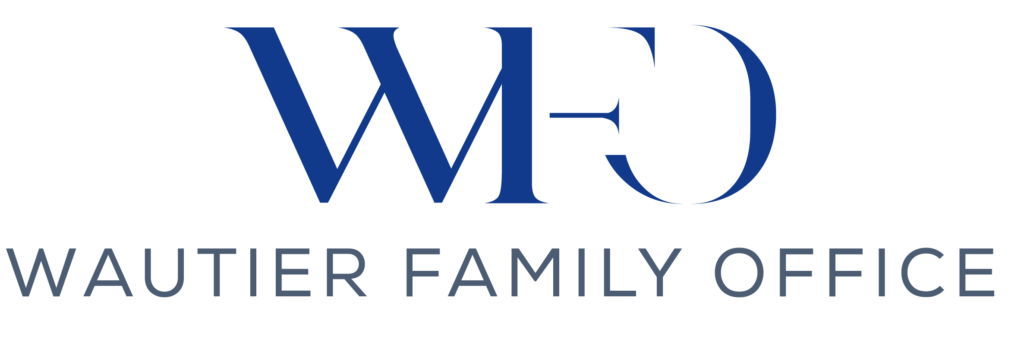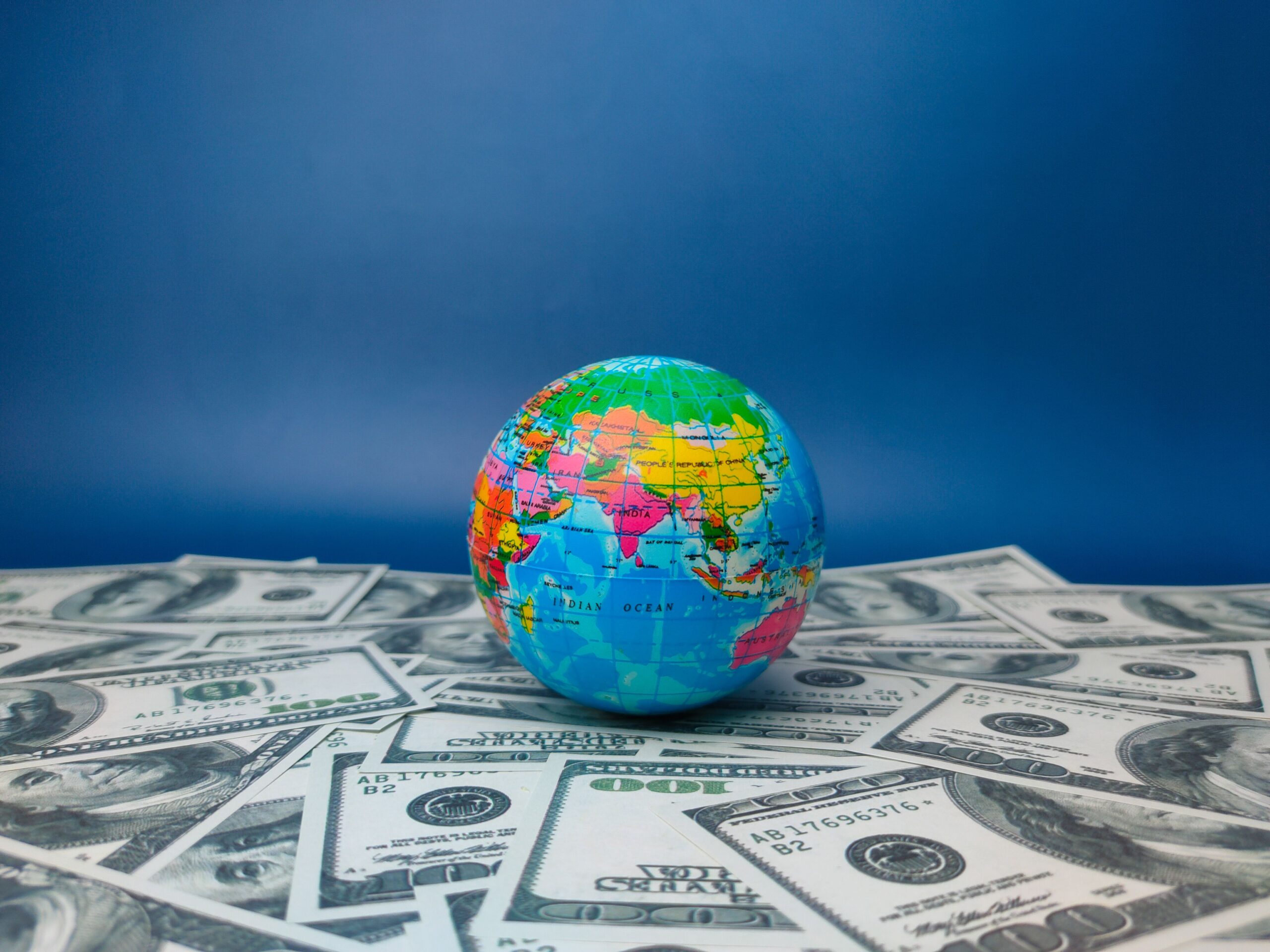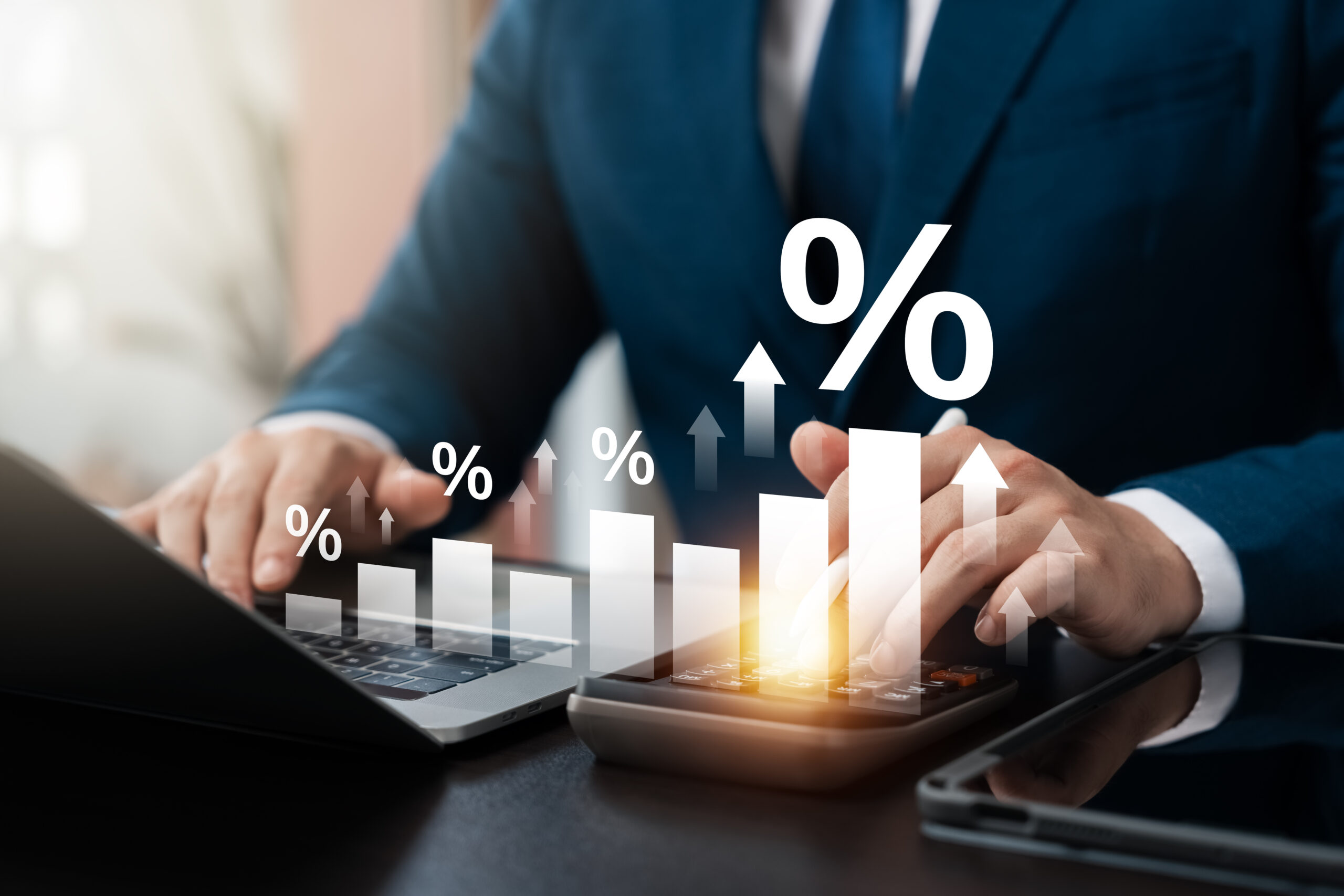Who controls the global economy? Why is the global economy important? How did the IMF and World Bank emerge as key players in global economics? What reforms are necessary for the continued relevance of the IMF and World Bank in a multipolar economic landscape?
The International Monetary Fund (IMF) and World Bank were born from the ashes of World War II, designed to stabilize the global economy and rebuild devastated nations. Over decades, they have shaped global economics by providing financial stability and development assistance, such as during the 1997 Asian Financial Crisis, or infrastructure projects like India’s rural electrification. However, their Western-centric governance structures and conditional lending practices have drawn criticism from emerging economies seeking a more equitable global financial order.
Today, the rise of multipolar power dynamics and economic alliances like BRICS challenge the traditional dominance of these institutions. Calls for reform include rebalancing voting power, diversifying leadership, and embracing roles that address contemporary issues such as climate change and the growing influence of alternative development banks. As these shifts unfold, the IMF and World Bank must redefine their mission to remain vital in a rapidly evolving global economy.
The ashes of World War 2 were fertile ground for the seeding of new institutions that their founders profoundly hoped would prevent another cataclysmic war.
Those seeds were planted at Bretton Woods in 1944. The Mount Washington Hotel, nestled in the picturesque woods of New Hampshire, played host to some 700 delegates who, between them, represented each of the 44 nations that had begun to turn the tide against Hitler and Mussolini in Europe and Tojo in the Pacific.
After three weeks of intense debate, two institutions were forged: the International Monetary Fund (IMF) and the forerunner to the World Bank.
The war had been ruinous. Entire cities lay smoldering, and most of the continent’s productive capacity and manufacturing bases required rebuilding. And that required capital. The previous approach of every nation for itself had played its part in trade wars, tariffs, and, ultimately, the Great Depression. The new approach was to empower strong multilateral institutions to work across borders in the interests of all, not just a single nation.
The IMF was created to stabilize exchange rates and foster global monetary cooperation. The World Bank focused on reconstruction and development, primarily through financing the infrastructure needed to rebuild economies. For decades following their conception at Bretton Woods, these institutions played central roles in shaping the global economic landscape, serving as critical pillars of international financial stability and development.
But the world has changed.
Recent shifts in global power dynamics have challenged their traditional influence. The rise of the BRICS nations (Brazil, Russia, India, China, and South Africa) and the growing economic clout of what is collectively known as the “Global South” have led to questions about the dominance of these Western-led institutions in an era marked by globalization.
These emerging economies seek a greater voice in global decision-making and policy influence. This raises the intriguing question: Can the IMF and World Bank continue to wield the same level of influence in an increasingly multipolar world?
Table of Contents:
Foundational Roles in Global Economics
Growing Criticisms from Emerging Economies
Shifting Global Power and Economic Multipolarity
Calls for Reform within the IMF and World Bank
Future Role and Relevance in a Multipolar World
Foundational Roles in Global Economics
The IMF and World Bank have had clearly distinct goals. However, from the moment they were proposed, it was always intended that the two would perform complementary missions.
The IMF is tasked with maintaining global monetary stability. This difficult goal is achieved using vast sums of money in the form of loans and emergency financial assistance. It also achieves its goals through mechanisms like Special Drawing Rights (SDRs), intelligence collection, and warning signs about global economies.
For example, during the 1997 Asian Financial Crisis, the IMF played a pivotal role by providing bailout packages and policy advice to stabilize affected economies. More recently, Pakistan and Argentina have both been beneficiaries of IMF emergency assistance when their economies were teetering on the verge of default, with serious consequences for everyday citizens like being unable to access fuel or food due to a currency crisis or inflation that breached 100%.
The World Bank, on the other hand, focuses on long-term development goals. It directs its efforts towards reducing poverty and financing large-scale infrastructure projects in developing countries. Both of these actions can lift a nation’s productive capacity and, in turn, improve its people’s living standards. Landmark projects, such as the Three Gorges Dam in China before that country industrialized on a large scale and rural electrification initiatives in India, highlight their impact on economic development.
If one observes the power structures of the institutions spawned from the Bretton Woods Conference critically, it would be a fair conclusion to draw that they favor the Western liberal democracies that had the most say in their founding. The allocation of voting power, heavily skewed in favor of the U.S. and Western Europe, reflects the geopolitical realities of the mid-20th century and the influence of the two largest allied powers: the United States and the United Kingdom. However, this legacy has become a source of contention in an era of evolving global power structures shaped more by the conclusion of the Cold War, the spread of globalization, and the associated influence of global economics.
Growing Criticisms from Emerging Economies
The IMF and World Bank have faced mounting criticisms from the BRICS nations and other emerging economies about their role in global economics. The most strident of these critics argue that the institutions are Trojan horses that exist to advance the interests of Western nations. This zero-sum view of the institutions also believes that the IMF and World Bank prioritize developed nations’ strategic and economic interests over those of the Global South.
This contention has some basis in actual events. For example, one of the primary sources of frustration and anger is the lending practices employed. Both institutions often impose stringent conditions on borrowing countries. As conditions of financial assistance, they require policy reforms like austerity measures, trade liberalization, and privatization. Critics contend that these conditions reflect a neoliberal ideology that disproportionately impacts vulnerable populations and limits the policy autonomy of recipient nations. For instance, the structural adjustment programs of the 1980s and 1990s, often spearheaded by the IMF, are widely criticized for exacerbating poverty and inequality in many African and Latin American countries. A counterpoint to that is that the goal of the IMF and World Bank is not just to provide emergency funds but to bed down structural reforms that will make the need for emergency funds in the future far less likely by putting the recipient nation on a much firmer economic footing.
The governance structures of the IMF and World Bank remain another contentious issue. Voting power is still heavily weighted in favor of developed nations. As the two’s chief financier, the U.S. has an effective veto power over major decisions. It is easy to see how this reality would contribute to undermining the legitimacy of these institutions in the eyes of emerging economies. This has been magnified in recent decades as these emerging economies have taken the mantle of contributing significantly to global economic growth while growth rates in the developed world stagnate. The consternation with the Bretton Woods institutions has driven concrete actions. Projects like the New Development Bank (NDB) established by the BRICS nations have emerged, challenging the role of traditional multilateral financial institutions.
As emerging economies advocate for a more equitable global financial order, the IMF and World Bank must grapple with adapting their governance and policies to remain relevant in an increasingly multipolar world.
Shifting Global Power and Economic Multipolarity
The rise of alternative economic alliances like BRICS and the establishment of the New Development Bank (NDB) signifies a shift in global power dynamics. Decades of above-trend economic growth have given the leaders of these nations renewed confidence on the world stage. These developments highlight the growing influence of nations such as China, India, and Brazil on global economics. Each has become a significant global trade, investment, and development financing player. An arresting example can be found in China’s Belt and Road Initiative (BRI). This staggering undertaking, also referred to as ‘the new Silk Road,’ represents a multi-trillion-dollar strategy to reshape global infrastructure and trade routes, directly challenging the traditional dominance of Western-led financial institutions.
This shift reflects a broader trend toward economic multipolarity. Power is no longer concentrated solely in Western economies and the institutions they hold sway over. Instead, it is distributed across diverse regions and is not confined to rigid alliances that are mutually exclusive. There are significant implications for institutions like the IMF and World Bank, which were established in a unipolar, Western-centric global order. Multipolarity calls into question their capacity to address the needs and priorities of a more diverse global constituency as emerging economies increasingly assert their influence and demand equitable participation in decision-making processes.
Adaptation and finding a role in a multipolar world is still the most likely course of action for the IMF and World Bank. They may not remain the sole international development institutions, but that may not be a bad thing. Alternatives like the NDB or the Asian Infrastructure Investment Bank (AIIB) are perceived as more responsive to the priorities of the Global South, giving nations a real choice in how they choose to finance their development goals.
Calls for Reform within the IMF and World Bank
As the global balance of power shifts, calls for reforming the IMF and World Bank have become more pressing. A more equitable governance structure seems like a logical first step. Currently, voting power remains disproportionately concentrated in developed nations, with the U.S. holding significant sway in both institutions.
Emerging economies have proposed several reforms to address these issues, such as increasing their voting power to reflect their growing contributions to the global economy. Another suggested change is adopting a more transparent and inclusive process for leadership selection. Traditionally, the IMF’s Managing Director has been a European, while the World Bank’s President has been an American. That may have made perfect sense in the 1950s, but that convention seems far less justifiable today if the goal of both institutions is to be relevant to a broader world.
A more balanced governance structure could improve trust among emerging economies and ensure that the institutions are better equipped to address global challenges such as climate change and financial instability more inclusively and effectively.
Future Role and Relevance in a Multipolar World
No institution exists in a void, uninterrupted by the changing trends in global economics and developments around it. The IMF and World Bank are no different and must adapt to the evolving global landscape. This includes addressing criticisms, reforming governance, and redefining their roles to reflect the priorities of both developed and developing nations. One attractive option is for these institutions to act as bridging organizations. They could facilitate dialogue and cooperation between diverse economic blocs and constructively align goals and efforts in that mode.
For example, the IMF could expand its focus on global financial stability to include managing the complexities of currency competition among emerging and established economic powers. Similarly, the World Bank could deepen its engagement in areas like climate financing, leveraging its resources and expertise to address one of the most pressing global challenges.
Alternative institutions like the NDB and AIIB should also be embraced rather than regarded as rivals or usurpers. These emerging financial alliances have promise but face limitations, particularly in terms of experience, institutional capacity, and global reach. This presents an opportunity for the IMF and World Bank to complement these organizations rather than compete with them. Programs to share knowledge, learn from one another, and engage in dialogue to better understand the needs and wants of different regions could help each institution leverage its resources and efforts more efficiently and productively.
Key Takeaways
The IMF and World Bank have contributed much to the world in the decades since their founding charters were penned at Bretton Woods in 1944. In 2024, they are at a crossroads.
In a world marked by shifting power dynamics and growing economic multipolarity, their ability to adapt will determine their relevance in the years to come. They have played pivotal roles in stabilizing and developing the global economy. The rise of new economic alliances and growing calls for reform allow both institutions to reflect on their purpose and how they will achieve it over the coming decades.
Building trust with emerging economies and partnering with the newer institutions that have risen from those regions creates a valuable opportunity to address global challenges collaboratively, with an increased likelihood of success. In such a world, these institutions can maintain their influence and enhance their role as facilitators of global economic cooperation.
The path forward will be challenging, but the opportunities for reinvention are equally significant.




